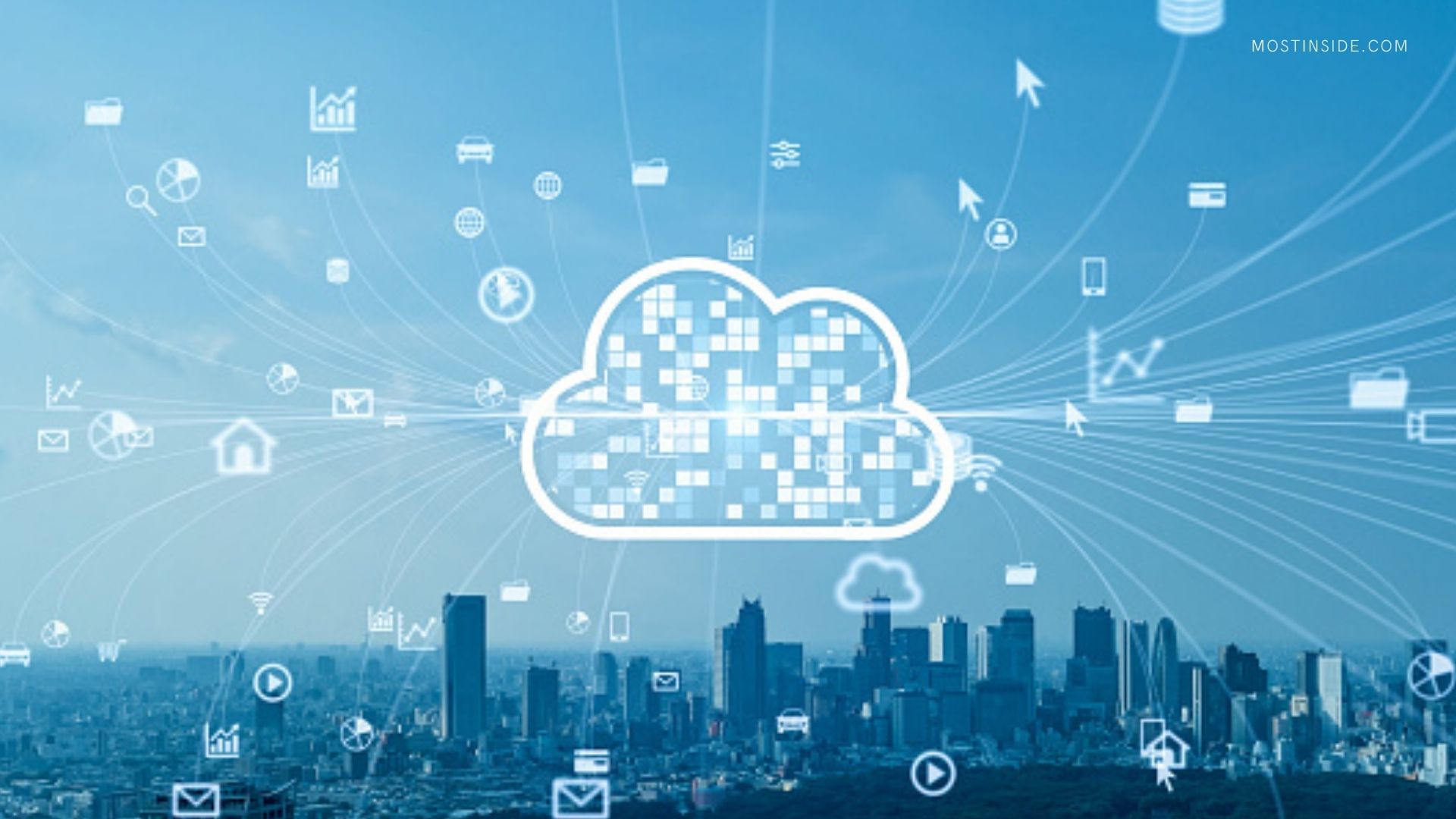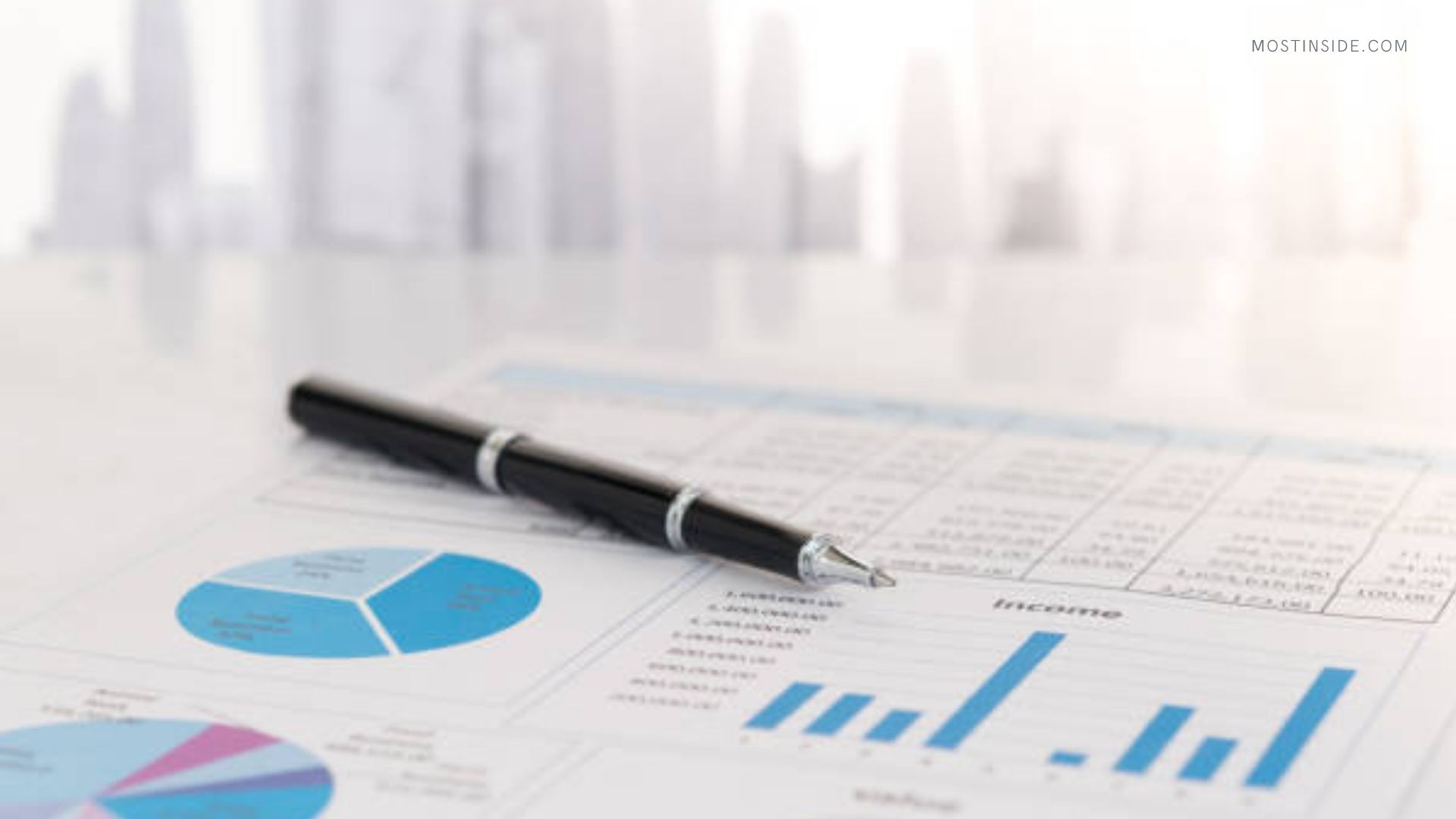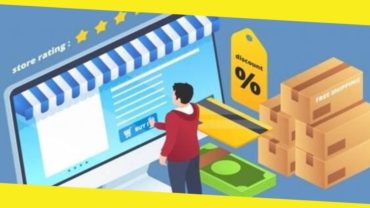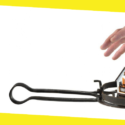Features of ERP System
This post was last updated on February 6th, 2025
The retail industry has undergone a lot of changes since the first store opened for business. The advent of computers and the internet has made the process more efficient and less time-consuming. Retailers can track their products and orders through an ERP system (enterprise resource planning). The best ERP system for retail business enables you to manage your resources effectively and improve business processes and customer service.

An ideal ERP system has the following features:
Enterprise Resource Planning (ERP)
ERP software allows you to manage all your business’s resources in one place. The best ERP system for retail business offers solutions across departments. Whereby you can improve internal processes, reduce costs and increase productivity.
Supply Chain Management (SCM)
An ideal ERP system for retail businesses should include supply chain management functionality. This is because it manages processes from procurement to delivery.
Manufacturing ERP
ERPs with manufacturing functions are essential for businesses that manufacture their products instead of just reselling those manufactured by someone else. You can manage financial, inventory, and production planning through the system.
Open Architecture
Open architecture allows you to customize an ERP system according to your needs. This enables businesses that can adapt quickly to change and evolve as required. The best ERP system for retail businesses should also include open source software development tools. These tools allow third-party developers to create customizations.
Multi-location support
The best ERP system for retail businesses should allow employees to access the software from any location. Store managers may need to access real-time data when they are on their premises, while stockrooms can benefit from a view of online availability.
Unified stock control
A retail business should have complete visibility of its entire inventory. This gives the company the power to determine which items are selling well to reduce costs and predict demand for future orders. The best ERP system for retail businesses should enable you to manage your stock in one place. A retail ERP system can help you achieve many of your business objectives. The best ERP system for retail business offers a wide range of management functions and easy access to real-time data.
Enhanced security
Security is a major concern for any business that uses the internet to conduct transactions. It isn’t easy to imagine a retail business without efficient IT infrastructure and procedures that store information about customers and their credit card details. The best ERP system for retail businesses should incorporate security protocols from other systems such as firewalls, virtual private networks (VPNs), anti-virus software and data encryption, etc.
Bespoke Application
The retail ERP system should offer flexible, easy-to-use functionality that is tailored to your industry. If you are a small business with basic accounting needs, you may not need all the enterprise resource planning system functionality. The best ERP system for retail businesses should offer input screens that are easy to navigate. You should feel comfortable customizing the software for your needs if required.
Reporting
The retail ERP system should enable you to generate reports on key performance indicators (KPIs) such as sales figures and profitability. The best ERP system for retail business should also track customer details, customers’ orders, sales by market, etc. You can then use the data to make informed business decisions.

Adaptability
The ERP system should be scalable. This allows you to reduce your initial investment as your business expands and your financial requirements increase. It should also include functionality to handle changes in company structure or technology.
Budgeting
The ERP system should offer budgeting and forecasting tools that can help you to create budgets across different departments. You can then review the actual performance and adjust your finances accordingly. The best ERP system for retail business ensures that your financial projections and forecasts are accurate, which helps you to make timely business decisions.
Bottom line
The ERP system for an individual retailer will vary, depending on their specific needs. However, a retail ERP system should enable companies to manage the entire supply chain from order processing and production to distribution and sales. The best ERP system for retail business includes financials, sales management, warehouse management, and inventory management, which provide real-time data. This ensures that you can meet your customers’ needs and operate more efficiently.
Recommended For You
Online Pharmacies: What Are Their Pros and Cons?
Most Inside
Most Inside offers high-quality recommendations and valuable updates to enhance all aspects of your life, providing premium guidance and enriching experiences.




